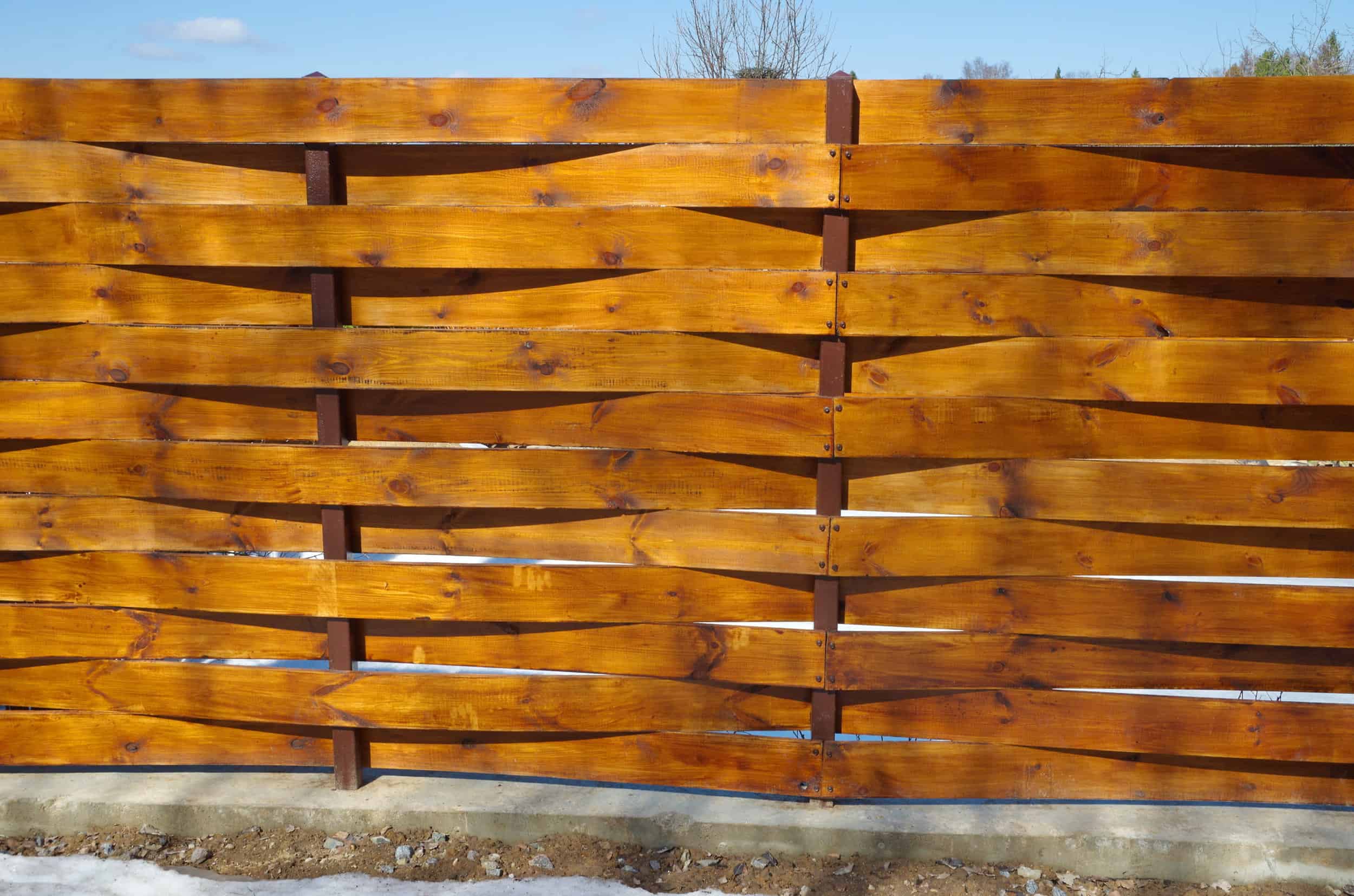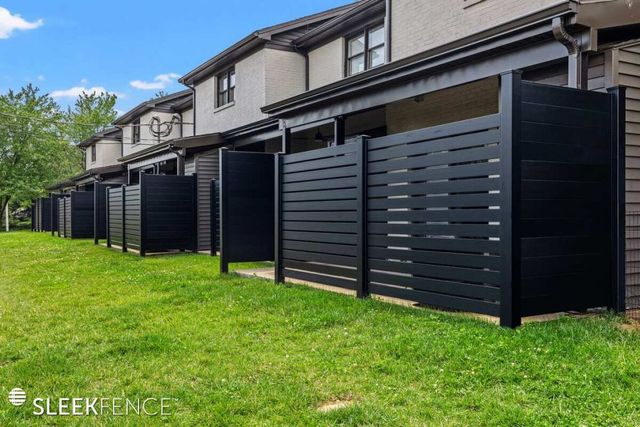All Categories
Featured

When it comes to picking the finest fence material for longevity, wrought iron stands out as one of the most durable and trusted choices readily available. Allow's take a closer look at wrought iron fence and how it stacks up versus options like vinyl, wood, and light weight aluminum.
Toughness and Long Life of Wrought Iron Fence. Unlike lots of other fence alternatives, wrought iron can endure harsh environmental problems, consisting of extreme warm, hefty rain, and even solid winds. Because it is a metal, wrought iron is not susceptible to the wear and tear that timber fences frequently experience, such as decomposing, warping, or insect problems.
Resilience: Wrought iron fencings are extremely hard and can stand up to influences and other kinds of physical anxiety that may harm other products. When appropriately kept, they can last for half a century or even more, making them an investment that will offer long-lasting value.
Wrought Iron vs. Wood Fence. Wood fences, while traditional and visually pleasing, commonly require more upkeep and have a shorter life expectancy contrasted to wrought iron. Timber is vulnerable to rot, termites, and weathering gradually, every one of which can jeopardize its structural integrity. Additionally, wood fencings may require to be changed or fixed every 10 to 20 years, relying on the environment and the kind of timber made use of.
Maintenance: While timber fences need to be regularly treated with spots, sealants, or paints to maintain their look and long life, wrought iron fences usually require a lot less upkeep. They might require occasional cleansing or painting to stop corrosion, especially in moist or seaside locations, yet they will not endure from the very same kinds of destruction as timber.
Durability: While a well-maintained wooden fence may last 20 to three decades, wrought iron can go beyond that life-span by several decades, making it a more resilient option over time.
Wrought Iron vs. Plastic Secure fencing. Plastic secure fencing has come to be a popular alternative to timber because of its reduced maintenance and resistance to the elements. Unlike timber, plastic does not rot or warp, and it does not require to be painted or dealt with. Plastic can come to be breakable over time, especially in areas with severe wintertimes or severe UV direct exposure. It might break or break under pressure, such as from an extreme tornado or a heavy impact.
Resilience: While plastic is relatively sturdy and immune to rot and fading, it still can not match the lasting stamina and toughness of wrought iron. A vinyl fence could last around 20 to 30 years, depending on environmental elements, but it lacks the structural integrity that functioned iron gives.
Maintenance: Vinyl calls for minimal maintenance contrasted to timber, but it can still fade over time, particularly in areas with intense sun exposure. Wrought iron might need periodic rust prevention therapies but normally requires fewer interventions than plastic.
Wrought Iron vs. Aluminum Fence. Light weight aluminum is another metal choice to wrought iron, and while it shares a few of the sturdiness traits of wrought iron, it is normally less durable and strong. Light weight aluminum is a lot more lightweight and immune to corrosion and rust, making it a preferred option for low-maintenance fence. It's not as strong as wrought iron and might be extra prone to nicking or bending under pressure.

Longevity: Wrought iron is dramatically more powerful and much more resilient than light weight aluminum. While aluminum fencings can last for numerous decades, they may not stand up too in high-impact or high-traffic locations. In comparison, wrought iron is a lot more resistant to physical damages and can better hold up against pressure and pressure.
Maintenance: Both functioned iron and light weight aluminum fencings call for some upkeep, mainly to avoid corrosion. However, aluminum is less likely to corrosion than wrought iron, making it a more low-maintenance choice in areas with high moisture or seaside salt direct exposure.
Last Ideas: Wrought Iron's Sturdiness Benefit. Wrought iron attracts attention as one of one of the most resilient secure fencing materials readily available, surpassing timber, plastic, and aluminum in regards to strength, durability, and total efficiency. While it does call for occasional upkeep, especially to prevent corrosion, its ability to withstand severe weather, physical stress, and the examination of time makes it an excellent financial investment for home owners and companies seeking a durable, secure fencing remedy.
For those who prioritize stamina and long life most of all else, functioned iron is an irresistible selection. Whether you're securing a residential building, improving the look of your backyard, or providing safety and security for a commercial site, functioned iron fencing will certainly provide decades of sturdiness and aesthetic charm that few various other products can match.
Latest Posts
A Dream Wedding Experience at FunCity Resort
Published Apr 20, 25
1 min read
Fanatics Sportsbook: Where Sports Betting Meets Home Entertainment
Published Apr 20, 25
1 min read
Full Circle Strategic Marketing - Elevate Growth Strategies with Expert Solutions
Published Apr 19, 25
2 min read
More
Latest Posts
A Dream Wedding Experience at FunCity Resort
Published Apr 20, 25
1 min read
Fanatics Sportsbook: Where Sports Betting Meets Home Entertainment
Published Apr 20, 25
1 min read
Full Circle Strategic Marketing - Elevate Growth Strategies with Expert Solutions
Published Apr 19, 25
2 min read